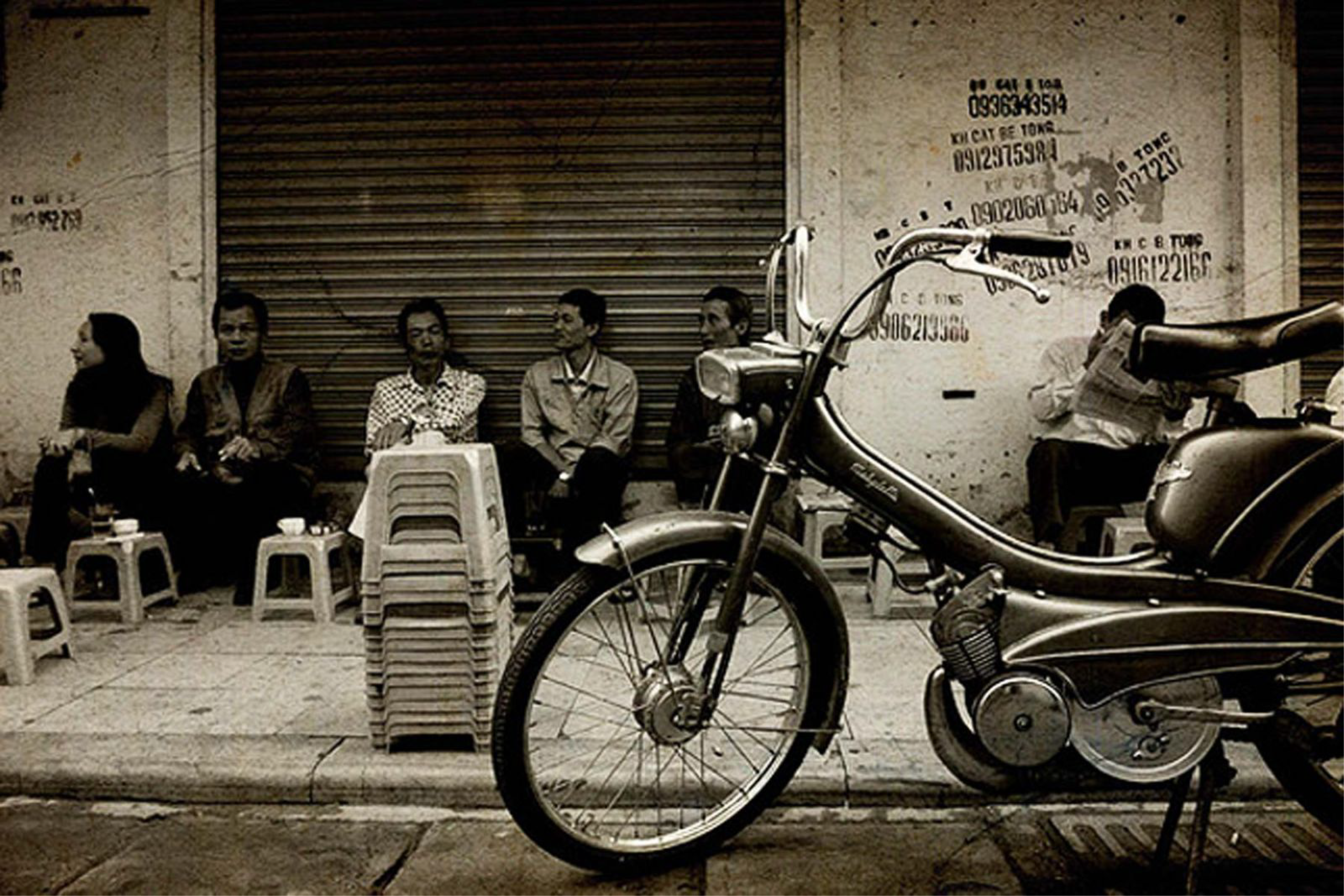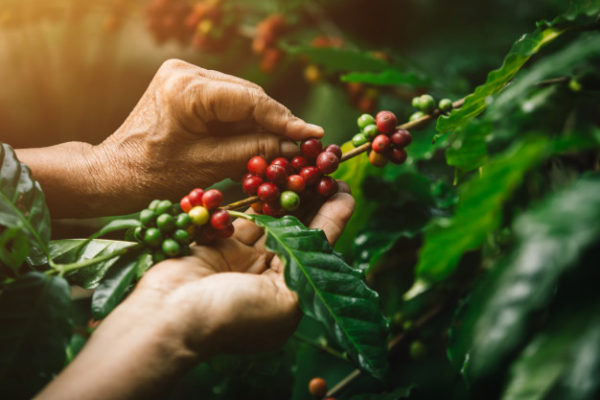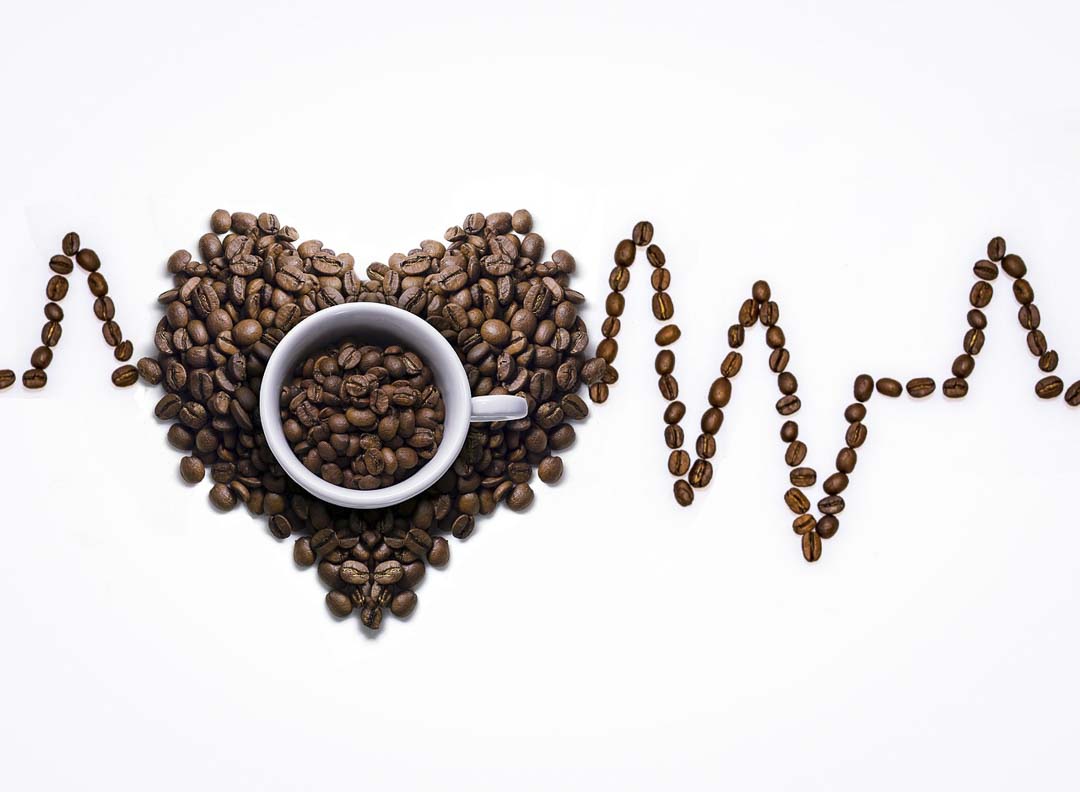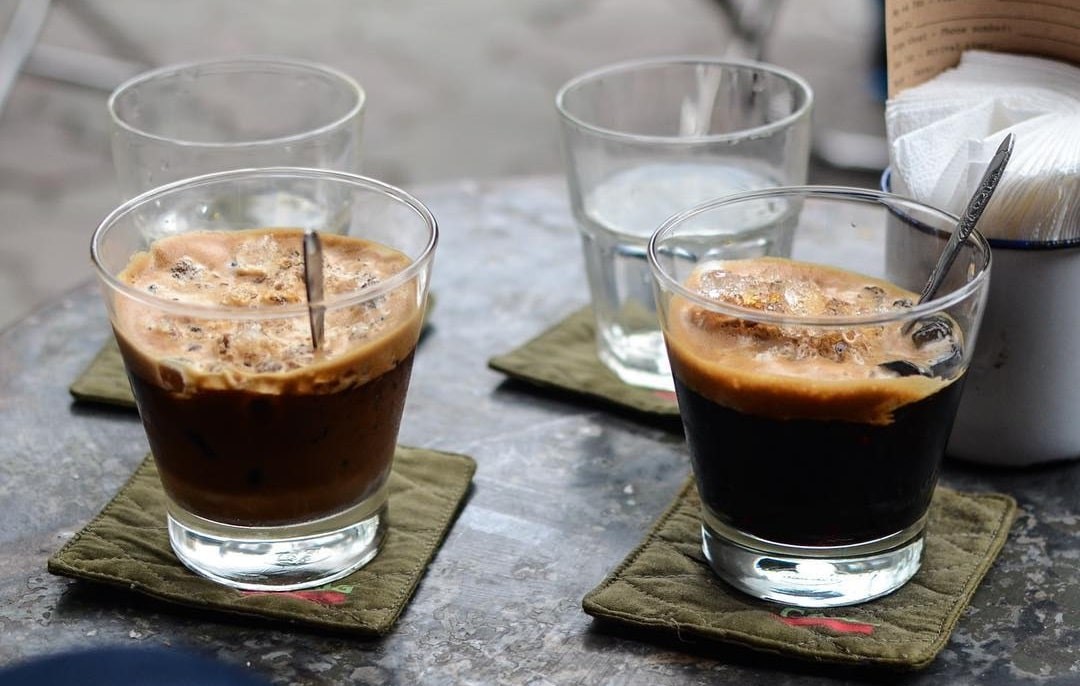Difference between caffeine in tea and coffee
Difference between caffeine in tea and coffee
Green tea and coffee are the most frequently consumed beverages in the world after water because of their distinctive taste and health benefits. However, if you compare the amount of caffeine in tea and coffee, which one is higher?
Caffeine is a known natural stimulant found in more than 60 foods and beverages globally, especially in coffee, chocolate and tea. The caffeine content in drinks varies depending on the ingredients and how the drink is prepared. Although caffeine is considered safe, drinking too much can cause some concern.
Effects of caffeine on the body
An estimated 80% of the world's population enjoys caffeinated products on a daily basis. The United States Department of Agriculture (USDA) and the European Food Safety Authority (EFSA) both define a safe caffeine intake as a maximum of 400 mg per day, 200 mg per single dose, or 1.4 mg per pound. 3 mg per kg) of body weight.
Due to its stimulant effects, caffeine offers health benefits such as increased alertness, improved athletic performance, elevated mood, and increased metabolism. However, consuming high amounts - over 500 mg of caffeine, for example, can cause some concern.
In large doses, caffeine can lead to anxiety, restlessness, and trouble sleeping. In addition, some research suggests that drinking caffeinated beverages regularly, even in moderate amounts, can cause chronic headaches and migraines. Furthermore, caffeine is considered a mild narcotic and some people are more prone to becoming dependent on it.
 how-much-caffeine-in-cup
how-much-caffeine-in-cup
The caffeine content varies depending on the type of drink and how it is prepared
The amount of caffeine in tea or coffee can vary considerably depending on the source of the tea and coffee ingredients, and the type and method of preparation of the beverage.
Tea leaves contain 3.5% caffeine, while coffee beans have 1.1–2.2%. However, the brewing process uses hotter water, which helps extract more caffeine from the beans. Usually, you also use more coffee beans than tea leaves to drink.
Therefore, 1 cup (237 ml) of brewed coffee usually has more caffeine than a cup of tea.
Teas with a lot of caffeine
Black, green, and white tea are prepared from the leaves of the same plant Camellia sinensis. What sets them apart is the time of harvest and the degree of oxidation of the leaves.
Black tea leaves are oxidized, while white and green tea leaves are not. This gives the black tea a characteristic bold and sharp flavor and increases the level of caffeine from the leaves infiltrating the hot water.
One medium cup of black tea (237 ml) contains 47 mg of caffeine but can contain up to 90 mg. For comparison, green tea contains 20–45 mg, while white tea provides 6–60 mg per cup (237 ml).
 tea-with-a-lot-of-caffeine
tea-with-a-lot-of-caffeine
Matcha green tea is another high-caffeine tea. This tea is usually powdered and contains 35 mg of caffeine per half teaspoon (1 gram).
Similarly, yerba mate tea, a traditional tea enjoyed in South America, made by steeping the branches and leaves of the Ilex paraguariensis plant, typically contains 85 mg of caffeine per cup (237 ml).
It should also be noted that although herbal teas on the market do not contain caffeine, some teas can still provide up to 12 mg of caffeine, in negligible amounts.
How to make tea
The brewing method greatly affects the caffeine content of the tea. Teas steeped longer and steeped in hotter water tend to produce more caffeine. For example, one cup of Earl Gray tea contains 40 mg of caffeine after 1 minute of steeping in (177 ml) of water heated to (90–95 °C). This amount increases to 59 mg after 3 minutes.
Coffees with a lot of caffeine
An average 237 ml cup of coffee contains 95 mg of caffeine. In particular, coffee made from dark roasted beans has more caffeine than coffee from light roasted beans. However, since caffeine is not greatly affected by the roasting process, this may not be the case.
Espresso is a special type of coffee with an attractive source of caffeine. For example, a well-known brand's "single" espresso has about 58 mg of caffeine in a 30-ml cup. Most specialty coffee drinks, such as latte and cappuccino, made with one cup of espresso, contain 116 mg of caffeine.
Among non-caffeinated beverages, espresso decaf tends to have the most caffeine with 3–16 mg per 473 ml cup, while decaf coffee typically provides less than 3 mg per 237 ml cup.
 coffee-with-a-lot-of-caffeine
coffee-with-a-lot-of-caffeine
How to make coffee
Hotter water draws more caffeine out of the tea leaves, and so does coffee. Coffee is usually brewed hotter than tea at the ideal temperature (90–96°C). You can also make cold brew coffee by steeping ground coffee in cold filtered water for 8–24 hours. When you use 1.5 times more ground coffee with this method than with regular hot water, it can result in a cup of coffee with more caffeine.
Which tea or coffee should you drink?
Caffeine acts quickly usually within 20 minutes to 1 hour of consumption. If you are sensitive to the effects of caffeine, consider using lower-caffeine teas such as white tea or herbal tea. You can also brew high-caffeine teas in a shorter time, such as 1 minute instead of 3 minutes. Opting for decaffeinated tea, coffee and coffee is also a good way to enjoy these drinks.
Conversely, if you're a fan of high-caffeine beverages, you can enjoy espresso, cold brew, and higher-caffeine teas, including green and black teas.

tea-or-coffee
It is difficult to give an exact answer as to whether to choose coffee or tea. The best way is depending on each person's taste that you can choose coffee or tea to drink, but drink it sensibly and the amount of caffeine in the day should not exceed 400mg per day or 200mg of caffeine each time. This means no more than 3-5 cups of regular coffee (237 ml) 8 cups of 1 ounce (30 ml) espresso.
People with heart disease, migraine headaches, and certain medications should also limit caffeine consumption. Pregnant or nursing women should also not take more than 200 mg per day.
Huongmai Cafe hopes this article will provide you with useful information.












